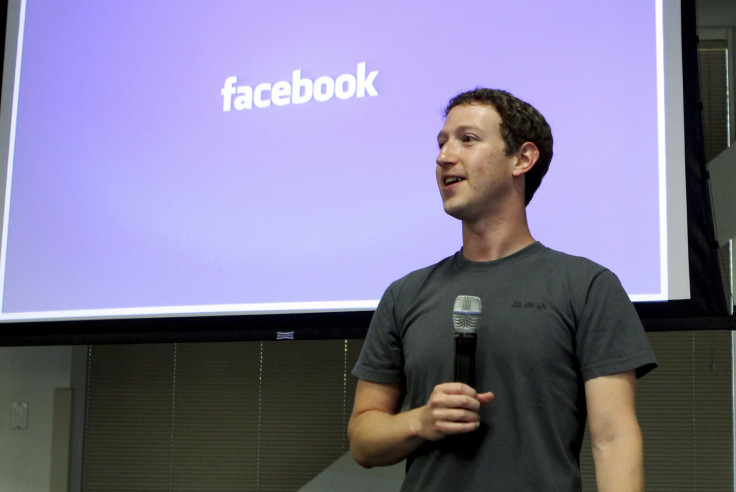As Facebook 'Friends' 1 Billion, New Ad Scheme Debuts

As news broke of Facebook hitting the 1-billion-member mark Thursday, the company celebrated with a post from founder Mark Zuckerberg and by announcing a plan to increase the impact advertisers have on the social networking site. Simply put, the idea is to turn each user into an advertiser, whether they realize it or not.
Fox News reported that Facebook will expand its Promoted Posts program, which makes it possible for businesses to market themselves to Facebook users by paying anywhere from a few dollars to thousands.
“As part of a test starting today, people in the U.S. can promote personal posts to their friends on Facebook,” wrote software engineer Abhishek Doshui on Facebook’s site. “When you promote a post -- whether it’s wedding photos, a garage sale, or big news -- you bump it higher in news feed so your friends and subscribers are more likely to notice it.”
Now, people will be able to see how viral their posts have gone, and if that number is insufficient they can pay a fee – like a business would – to spread the word. It’s hardly a new premise, says Ross Rubin, an analyst at Reticle Research.
“The idea of companies deriving revenue by capitalizing on consumers marketing to other friends is nothing new,” Rubin told FoxNews.com. “There's certainly some risk of members finding promoted posts annoying, but it merely ups the ante for people to think more about how they share.”
The plan was not met with much enthusiasm, and some experts have criticized it as a simple cash grab at a time when Facebook’s stock future is uncertain. One of the main criticisms is that now major businesses will be able to promote their posts at a rate that’s equal to normal Facebook users, only with a lot more money to spend and with an agenda in mind.
“I thought it was a joke at first, to be honest,” Cameron Yuill, founder of digital media technology company AdGent, said to Fox News. “Now they’re going to charge me $7 to tell my friends something?”
Matt Silverman of Mashable was also less-than-thrilled.
“It’s what economists call artificial scarcity: rigging the supply of something to create inflated demand. Facebook status updates are free for everyone to post and consume,” Silverman said. “But when EdgeRank makes them scarce for some people and not for others, it creates an artificial market for visibility. Facebook is rigging the game and then asking users to pay to level the playing field.”
© Copyright IBTimes 2024. All rights reserved.




















